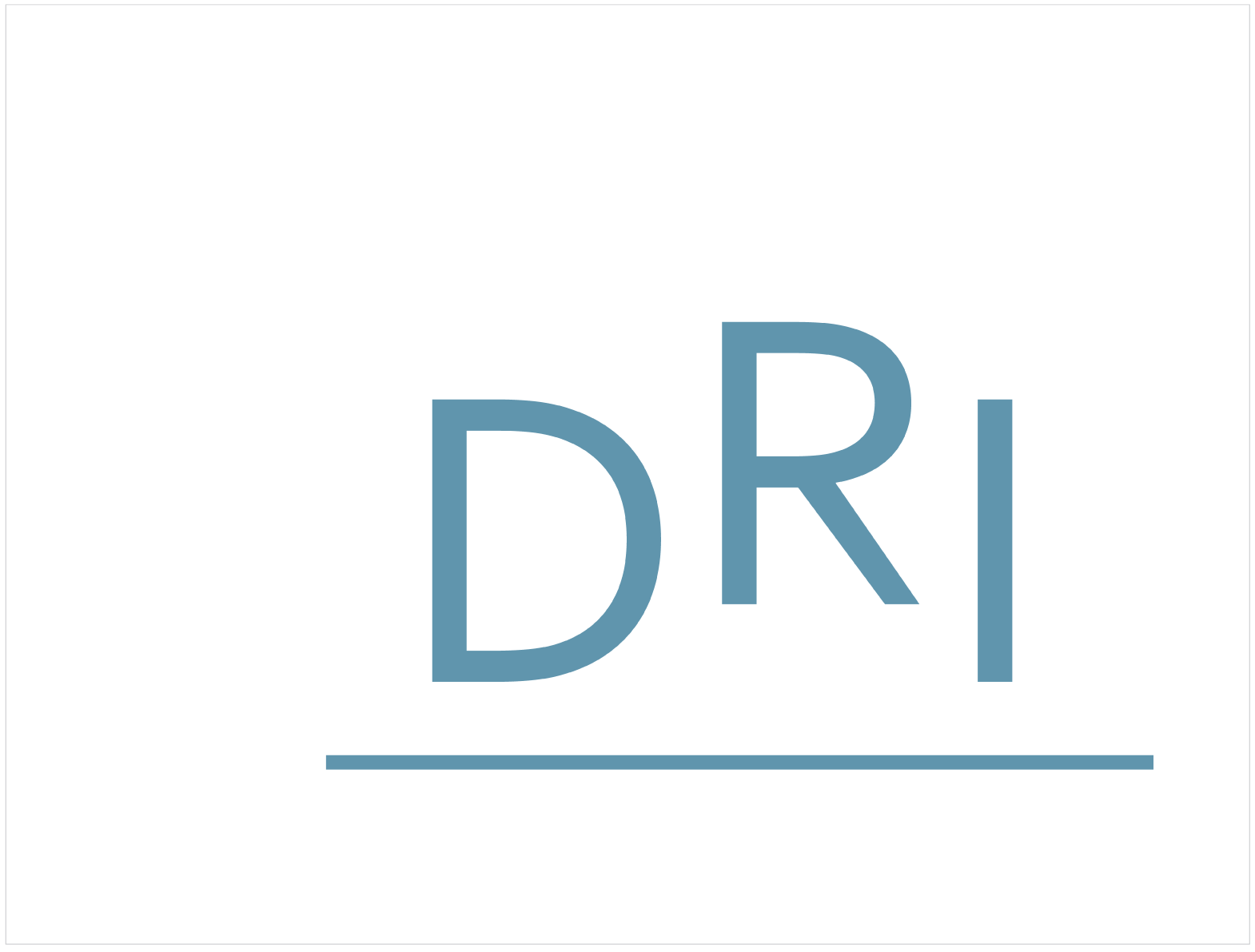
Life and work are full of changes. Among some of the most common, we can find are: getting a new job, changing job industries, having a new relationship or leaving an old one, leaving a job, and getting a promotion.
All of these changes require a transition to them meaning you undergo a process when you go from one state to another.
What is the difference between CHANGE and TRANSITION?
CHANGE refers to the external event in itself. Change happens to us. On the other hand, TRANSITION refers to the internal process that we do at the beginning, during, and end of change. Transition is our response to change.
In his book, Transition: Making Sense of Life’s Changes author William Bridges says:
“Change is something that happens to people, even if they don’t agree with it. Transition, on the other hand, is internal: it’s what happens in people’s minds as they go through change. Change can happen very quickly, while transition usually occurs more slowly.”
He goes on to explain that transition happens in three stages:
- Ending, Losing, and Letting Go – This is the part where we mourn the loss of what was before.
- The Neutral Zone – This is the middle of the process where we let go of who we were and what was lost, but we are not yet someone new. This is the stage where growth happens. New and exciting thinking patterns can emerge.
- The New Beginning – This marks the start of something new. The pain of the loss alongside reflection leads to progress. Facing the challenge and adapting leaves us stronger and wiser.
When we face change in the path of life it’s difficult to know which way to go. The change can feel like someone spun us around several times and we are left feeling disoriented. Transitional coaching can help you to adjust and cope with the challenges of change in the best way possible.
Transitional Coaching: Developing a Plan
Uncertainty arises after change arrives in our lives. We had a plan that has been thrown off balance. Many questions arise as to how should we proceed, what is our next move and how this impacts how we feel about who we are and what we want.
When the ground feels shaky and you feel unstable a transitional coach will get you back on steady ground by reminding you of:
- Who YOU are
- Your STRENGTHS
- Your PASSION
- Your CORE BELIEFS
Not only is this a great foundation to start a new plan but also by exploring all of the above we grow our self-esteem and build confidence in our abilities. The fertile soil of knowing who we are, and what’s important for us sets us up for success to then find clarity on how we want to proceed with our next step.
Through transition coaching, we are able to develop new thinking and behavior patterns that have a great impact on our internal and external world. By changing our inner narratives, the story we tell ourselves of what happens has a great impact on our mindset.
Taking charge of the story and empowering ourselves by mastering our emotions and behavior from reacting to responding allows us to overcome anxiety, stress, and fear.
Having a transition coach can help us step up into the power of our true potential and discover more about ourselves than we knew before. Lead yourself and others by commanding respect through solid interpersonal skills and allowing yourself to create an environment of growth.
Ultimately, the key to transitional coaching is to ensure that you have the tools and knowledge to transit from the care of the coach to self-leadership.
Tiara Hoquee
Psychologist and Emotional Intelligence Coach

The Executive Transitional Coaching Program is about finding clarity on how we want to proceed with our next step and allowing us to overcome anxiety, stress and fear. Click HERE for details.


